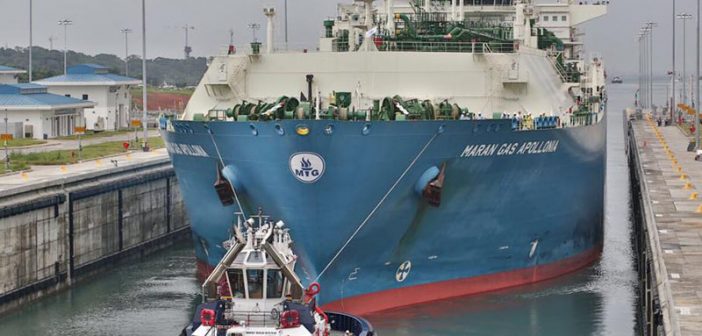U.S. Sen. Roger Wicker, R-Miss., has reintroduced the “Energizing American Shipbuilding Act.” The legislation would support U.S. shipbuilding by requiring a portion of liquefied natural gas (LNG) and crude oil exports to be transported on U.S.-built, U.S.-crewed vessels. The legislation was also introduced in the House of Representatives by Rep. John Garamendi, D-Calif.
“Maintaining a strong domestic maritime industry is essential for our national defense,” Wicker, a senior member of the Senate Armed Services Committee and chairman of the Senate Committee on Commerce, Science, and Transportation, said in a statement announcing the bill's reintroduction. “This legislation would strengthen our shipbuilding industry, support American maritime jobs, and ensure the United States has enough American-flagged, crewed, and built ships to transport its growing oil and natural gas exports in times of conflict. Our geopolitical rivals have invested heavily in their shipbuilding capacity, and the U.S. should keep pace.”
The bill would require that vessels built in the U.S. transport 15% of total seaborne LNG exports by 2041 and 10% of total seaborne crude oil exports by 2033. If enacted, the bill is expected to spur the construction of dozens of ships, support thousands of jobs in U.S. shipyards, as well as in the domestic vessel component manufacturing and maritime industries.
Earlier this year, Wicker and Garamendi sent a letter encouraging the Trump administration to support the U.S. maritime industry by ensuring that U.S.-flagged and crewed vessels play a key role in the transportation of liquefied natural gas (LNG) exports to China.
“Rising U.S. exports of America’s strategic LNG and crude oil present a unique opportunity to create new middle-class jobs by strengthening our nation’s crucial domestic shipbuilding, advanced manufacturing, and maritime industries—which are key to national security and our ability to project American military power abroad,” said Garamendi. “Our bipartisan bill counters other export countries’ similar requirements, including the Russian-flagged vessel requirement for arctic oil and natural gas exports announced by the Kremlin in December 2018. American shipyards and mariners are ready for the job, and our bill ensures they are no longer expected to compete against heavily subsidized foreign shipyards in Korea, China, and elsewhere.”





